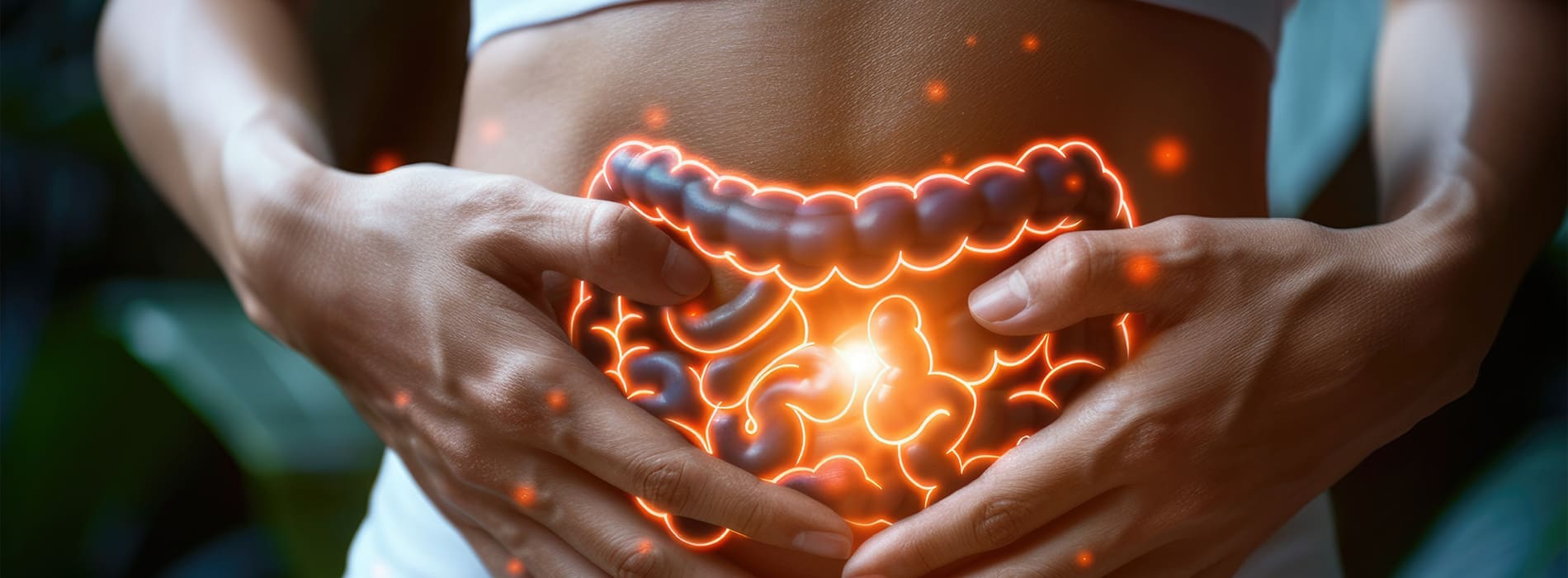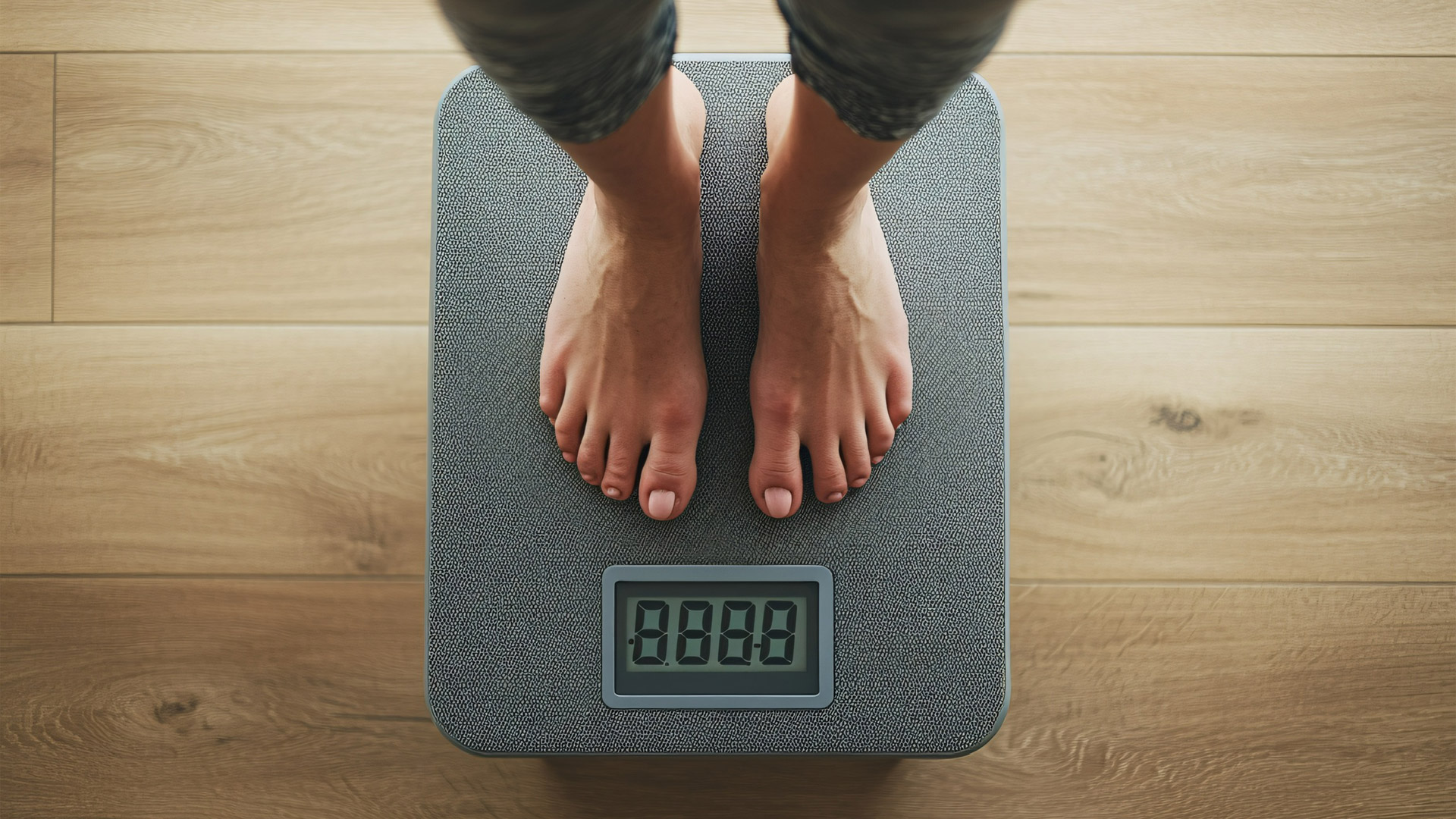All Categories

Imagine if the path to a healthier, happier mind lies right on your plate. The link between nutrition, gut health, and mental well-being is revolutionizing our understanding of mental health. Food is no longer just about sustaining our bodies; it is now acknowledged as fundamental to shaping our mental resilience, mood, and overall well-being. Each bite we take has the potential to revitalize both our physical health and our minds (Jacka et al., 2017).
The connection between nutrition and mental health is undeniable. Our brain, a highly complex and energy-demanding organ, relies on a constant supply of nutrients to function at its best. Omega-3 fatty acids, vitamins B6 and B12, folate, and antioxidants are crucial for producing neurotransmitters, the chemical messengers that carry signals in the brain (Jacka et al., 2017).
For example, omega-3 fatty acids found in fish and flaxseeds have been linked to improved brain health and reduced levels of depression (Jacka et al., 2017). These fatty acids support fluid cell membranes in the brain, which is essential for effective communication between brain cells. Vitamins B6 and B12 are vital for producing serotonin and dopamine, neurotransmitters that regulate mood, behavior, and emotional balance (Mikkelsen et al., 2016).
Your gut and brain are in constant communication, influencing your mental and emotional well-being. This two-way communication system, known as the gut-brain axis, ensures that what happens in the gut affects the brain and vice versa. This complex network is responsible for many bodily functions, including those related to mental health (Cryan et al., 2019). Dr. Mark Hyman (2010), a leader in functional medicine, emphasizes that the gut is the cornerstone of health, and poor gut health can contribute to brain dysfunction and mental illness.
The gut microbiome, a term used to describe the community of bacteria and microorganisms in our digestive system, is the heart of this connection. It influences everything from our mood to our cognitive function. A healthy gut microbiome supports the production of neurotransmitters like serotonin and dopamine, which profoundly impact our mental and emotional health.
Dr. David Perlmutter (2013), author of Grain Brain, emphasizes that the gut microbiome directly influences brain function. By taking care of your gut, you also care for your brain. When prioritizing your gut health, you nurture your brain, support emotional regulation, and foster a resilient mind.
Did you know your gut produces 90% of your body’s serotonin? Often referred to as the “feel-good” hormone, serotonin is crucial for regulating digestion, mood, sleep, appetite, memory, and social behavior. This underscores the immense power of the gut-brain axis—a sophisticated communication network connecting the gut to the brain through neural, hormonal, and immune pathways (Yano et al., 2015; Cryan et al., 2019). Dr Emeran Mayer (2015) discussed that these serotonin-containing cells are influenced by what we eat, by chemicals released from certain species of gut microbes, and by signals that the brain sends to them, informing them about our emotional state.
Certain gut bacteria, like Lactobacillus and Bifidobacterium, play a pivotal role in serotonin synthesis. These microbes produce short-chain fatty acids (SCFAs) that stimulate serotonin production, highlighting the profound influence of gut health on our mental state (Clarke et al., 2014). Foods rich in tryptophan, such as turkey, eggs, and nuts, are essential building blocks for serotonin. However, even the best nutrition plan won’t suffice without a healthy gut microbiome to convert tryptophan into serotonin effectively.
When gut health is compromised—whether through poor diet, stress, or other factors—disruptions like dysbiosis can occur, leading to altered serotonin levels. These imbalances are often linked to mood disorders such as depression and anxiety, making it clear that maintaining gut health is essential for mental health as well (Mayer et al., 2014).
What you eat shapes who you are—right down to your gut. The foods we consume are fundamental architects of our gut health, with the power to either nurture or disrupt the delicate balance of our gut microbiome. Diets rich in fiber, fermented foods, and polyphenols lay the foundation for a diverse and thriving microbiome, fostering the growth of beneficial bacteria that support overall health (Valdes et al., 2018).
Conversely, diets high in processed foods and sugar can disrupt this intricate system, leading to imbalances that affect both physical and mental health. Probiotics, which are live beneficial bacteria found in fermented foods like yogurt, and prebiotics, which are non-digestible fibers found in foods like garlic and onions, help sustain these beneficial gut bacteria. This ensures that the gut-brain axis remains a robust channel for positive mental and emotional health (Valdes et al., 2018).
Dr. Emeran Mayer (2015) notes, your gut microbes are in a prime position to influence your emotions by generating and modulating signals the gut sends back to the brain. His insight reinforces that understanding and supporting this pathway through diet can be transformative for mental well-being.
Emerging evidence highlights the profound impact of nutrition and gut health on mental health. Every small step toward nourishing your body is a step toward greater mental wellness. These changes have the potential to transform your mental well-being. Trust in your ability to make positive changes, and know that your journey to a healthier mind and body is supported by the choices you make each day.
You have the power to enhance your mental well-being, starting with a single step today. Each small action you take brings you closer to greater strength and balance. For personalized support, consider partnering with a functional medicine doctor, nutritionist, naturopathic doctor, or other nutrition, gut health, and mental health experts who can guide you on your journey to wellness.
In the meantime, consider incorporating one of the steps below to begin your journey:
For instance, you can add foods like salmon, mackerel, flaxseeds, chia seeds, and walnuts to your meals. These nutrients are essential for brain health and can help improve mood and cognitive function.
Start by adding more fiber-rich and fermented foods to your diet. These include a variety of fruits and vegetables, yogurt, kefir, sauerkraut, and kimchi. These foods support a healthy gut microbiome, which is crucial for producing serotonin and maintaining mental well-being.
Limit your intake of processed foods and added sugars, as they can disrupt the balance of your gut microbiome and negatively impact your mental health. Opt for whole, unprocessed foods as much as possible.
Before making any significant changes, it’s essential to consult with a medical professional.
Jacka, F. N., O’Neil, A., Opie, R., Itsiopoulos, C., Cotton, S., Mohebbi, M., Castle, D., Dash, S., Mihalopoulos, C., Chatterton, M. L., Brazionis, L., Dean, O. M., Hodge, A. M., & Berk, M. (2017). A randomised controlled trial of dietary improvement for adults with major depression (the ‘SMILES’ trial). BMC medicine, 15(1), 23. https://doi.org/10.1186/s12916-017-0791-y
Clarke, G., Stilling, R. M., Kennedy, P. J., Stanton, C., Cryan, J. F., & Dinan, T. G. (2014). Minireview: Gut microbiota: the neglected endocrine organ. Molecular endocrinology (Baltimore, Md.), 28(8), 1221–1238. https://doi.org/10.1210/me.2014-1108
Cryan, J. F., et al. (2019). The Microbiota-Gut-Brain Axis. Physiological Reviews, 99(4), 1877-2013.
Mayer, E. A., Tillisch, K., & Gupta, A. (2015). Gut/brain axis and the microbiota. The Journal of clinical investigation, 125(3), 926–938. https://doi.org/10.1172/JCI76304
Mikkelsen, K., Stojanovska, L., & Apostolopoulos, V. (2016). The Effects of Vitamin B in Depression. Current medicinal chemistry, 23(38), 4317–4337. https://doi.org/10.2174/0929867323666160920110810
Valdes, A. M., Walter, J., Segal, E., & Spector, T. D. (2018). Role of the gut microbiota in nutrition and health. BMJ (Clinical research ed.), 361, k2179. https://doi.org/10.1136/bmj.k2179
Yano, J. M., Yu, K., Donaldson, G. P., Shastri, G. G., Ann, P., Ma, L., Nagler, C. R., Ismagilov, R. F., Mazmanian, S. K., & Hsiao, E. Y. (2015). Indigenous bacteria from the gut microbiota regulate host serotonin biosynthesis. Cell, 161(2), 264–276. https://doi.org/10.1016/j.cell.2015.02.047
Dr. Mark Hyman
Website: DrHyman.com
A wealth of articles, podcasts, and videos on functional medicine and the gut-brain connection.
Book: The UltraMind Solution: The Simple Way to Defeat Depression, Overcome Anxiety and Sharpen Your Mind
Explores the connection between physical health and mental well-being, particularly focusing on how addressing issues like diet, gut health, and inflammation can improve cognitive function and alleviate mental health issues.
Available on Amazon
Book: “Food: What the Heck Should I Eat?”
Explores the impact of food on overall health, including the gut-brain connection.
Available on Amazon
Dr. David Perlmutter
Website: DrPerlmutter.com
Contains resources on gut health, brain health, and nutrition.
Book: “Grain Brain”
Focuses on how carbohydrates and sugar impact brain health and the role of gut health.
Available on Amazon
Book: “Brain Maker”
Discusses the influence of gut microbes on brain health and overall well-being.
Available on Amazon
Dr. Emeran Mayer’
Website: EmeranMayer.com
Provides research updates, articles, and information on the gut-brain axis.
Book: “The Mind-Gut Connection” (2015)
Provides scientific insights into how the gut and brain communicate and influence mental health.
Available on Amazon
Melody Gamba, LMHC, BC-DMT, has passionately advocated whole-body health for over 15 years. Her journey into using whole foods as a path to mental and physical wellness began over a decade ago, leading her to collaborate with functional medicine doctors and holistic MDs who have guided her healing through nutrition and wellness practices. Melody’s mental health and dance/movement therapy expertise is enriched by her commitment to integrating holistic approaches into her practice.
About Melody Gamba, LMHC, BC-DMT
Melody passionately advocates for holistic health as the Integrator at Providence Fit Body Boot Camp and proprietor of Lighthouse Creative Collaborative. Currently pursuing a doctoral degree at Lesley University, her studies focus on Counseling and Psychology, emphasizing Transformational Leadership, Education, and Applied Research.
Melody holds diverse roles, including working as a licensed mental health counselor, board-certified dance/movement therapist, educator, and dance artist, demonstrating her interdisciplinary approach. Her collaborations with the Rhode Island Department of Health and the Rhode Island State Council on the Arts through the Arts & Health Partnership further demonstrate her versatility and expertise in the field.
Her journey into using whole foods for healing started over a decade ago. This led her to work with functional medicine doctors, holistic MDs, and other wellness practitioners who have helped her heal through nutrition and wellness practices. Melody is dedicated to empowering others through integrated, holistic approaches to well-being, driven by a community-focused mindset.
Powering the Business of Health, Fitness, and Wellness Coaching

By Elisa Edelstein

By Jessica Maurer

By Robert James Rivera

By Robert James Rivera

By Elisa Edelstein

By Elisa Edelstein

Powering the Business of Health, Fitness, and Wellness Coaching
